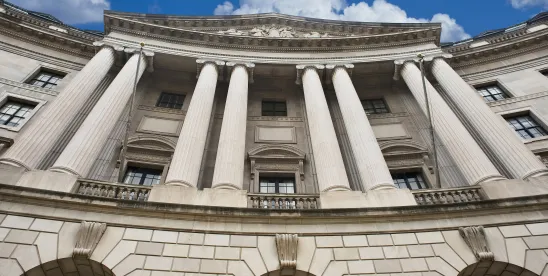The U.S. Environmental Protection Agency (EPA) Office of Enforcement and Compliance Assurance (OECA) has posted an April 17, 2024, memorandum regarding “Strategic Civil-Criminal Enforcement Policy” from David M. Uhlmann, OECA Assistant Administrator. The Strategic Civil-Criminal Enforcement Policy sets forth requirements to ensure that EPA’s enforcement program maintains and strengthens the strategic partnership between civil and criminal enforcement. According to the Policy, to promote collaborative strategic planning and ensure that EPA exercises its enforcement discretion fairly and consistently, the Policy requires:
- Increased collaboration between the civil and criminal enforcement programs on the development and implementation of EPA’s national and regional priorities, including the National Enforcement and Compliance Initiatives (NECI) and regional strategic plans;
- Enhanced case screening to promote fairness and consistency and robust discussion of what enforcement option should be used to address violations, including whether parallel proceedings should be initiated, and continued coordination throughout each enforcement action to ensure those initial case choices protect public health and the environment;
- Improved case management through enhanced tracking of case screening that promotes information sharing about violations and ensures ready access to compliance histories and case developments, while maintaining enforcement confidentiality; and
- Updated training programs to ensure effective partnership between civil and criminal enforcement offices that include the requirements of this Policy, factors to consider in deciding whether to pursue criminal, civil, or administrative enforcement, and best practices for managing information sharing and parallel proceedings to prevent case delays.
Appendix A lists factors to consider for civil-criminal enforcement screening and engagement, including:
- How significant the violation(s) are;
- What type of culpability is involved;
- The compliance history for the alleged violator(s);
- Characterization of the sophistication and company size of the alleged violator(s); and
- Whether the matter involves a national or regional strategic priority.
The Policy states that it is effective immediately and applies to all civil and criminal enforcement staff and all enforcement matters moving forward. According to the Policy, it “is intended to improve the internal management of EPA and is not intended to, and does not create, any right or benefit, substantive or procedural, enforceable at law or in equity, against the Agency, its officers or employees, or any other person.”




 />i
/>i
